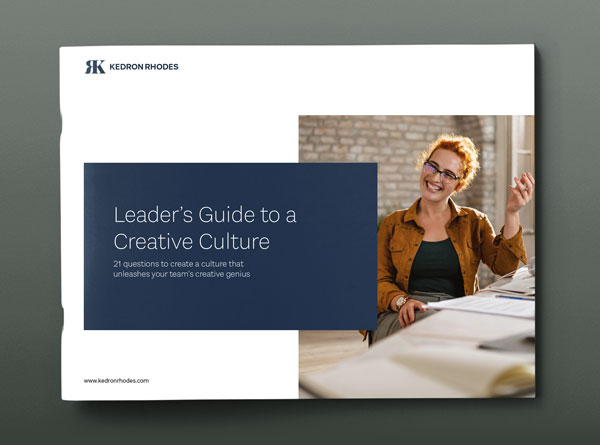
The surgeon snatched a pamphlet from the side table and proceeded to draw a line chart. The first line represented the life expectancy of someone without my type of cancer. The second, a touch below the first, represented the life expectancy of someone who beats my type of cancer.
I spaced out staring at that gap between the lines, cotton mouthed, as my pounding heart drown out the voice of the physician.
There it was, with a stroke of his pen, my life, only less of it.
Processing the Cancer Diagnosis
I hadn’t given much thought to how life would change if I beat cancer. I was laser focused on treatment and recovery, not on the fallout of being “cancer free.”
“Cancer free”… yeah, that is a myth. Once you have it, you are never rid of its affects.
I’m almost 10 years removed from treatment and recovery. There isn’t a day that goes by that I don’t feel the effects of cancer.
Some aspects of being “cancer free” have had more impact than others. I take a life-giving prescription every morning — inconvenient, but no big deal. Not being able to get life insurance, that is an unwelcome level of stress. Extra blood-draws, ultrasounds, and doctor visits, year after year, have become routine. Waiting for the results, wondering what might be hiding in my body, is anything but routine.
Unlock your organization's hidden innovation potential
The Leader's Guide to a Creative Culture: Discover where your company's untapped creative capacity lies.
Get your free guide
Cancer is disruptive. It’s not polite about barging in and demanding to be the center of attention. Some days it’s a niggle in the back of my mind. Other days it is an unavoidable reminder, in the prick of a needle or the cold gel of an ultrasound.
Those disruptions pale in comparison to how that simple chart has shaped the way I see myself in the world.
As I was going through recovery, a mentor of mine was teaching on how to live a satisfied life. A primary theme stitched together the relationship between satisfaction and generosity.
The notion of satisfaction felt distant, but generosity felt familiar. My parents modeled extreme generosity through their work as missionaries. I have been the recipient of extreme generosity. I knew what it looked like.
Moments of Convenience, Not Sacrifice
Over the next few months, Amelia and I wrested with what it might look like to lean into generosity. We tested the waters. We tried to fit it in to how we had been doing life. Turns out, generosity isn’t a willing lab rat. Generosity doesn’t thrive when limited to whether it fits with your lifestyle.
Generosity is built on sacrifice, not convenience.
Leaning into generosity meant having an honest conversation about sacrifice. If generosity is the destination, sacrifice is the path.
Until then I considered myself a generous person. I would respond to a need if I stumbled across one. I would reflect on these sporadic moments of generosity and use them to convince myself that I was indeed a generous person.
The truth is those moments were not much of a sacrifice. The immediate need of the situation demanded a quick response. A quick response requires liquidity. Because I didn’t plan on being generous, sacrificing a meal out as a family, or buying some new clothes was about as liquid as I was in those moments of need.
Whala, my moment of generosity would consist of $100 here or $200 there, a few times a year. Those were the moments I would use to convince myself that I was a generous person.
Evaluating Our Yearly Giving
As that year wrapped up, the year-end receipts from various nonprofits trickled in. I was now looking at a new line chart: the percentage of my income that I gave away, and it barely registered. Those feel-good moments of generosity didn’t look like a sacrifice in the context of an entire year.
Developing a Generosity Plan
We decided to make some life-changing decisions. We decided to start making sacrifices so we could become more generous. We made a generosity plan and put that plan to work.
The plan included some big moves like selling the home we had just built, and buying one half the size. It also included smaller moves, like contributing to a family giving fund for those impromptu needs, and regularly volunteering with non-profits that make a difference in our community.
We’ve gone from sporadic generosity, to intentional and systematic generosity and sacrifice.
The Contagious Effect of Generosity
Here’s the thing, generosity is contagious. When I hear about the joy others receive because of generosity, it inspires me to be more generous! Generosity is a way to make your line count for something other than yourself. Generosity is a way to impact someone else’s line.
We don’t get to a better society by being stingy with one another, without being generous, without sacrifice.
We don’t become better leaders by hoarding resources, recognition, or opportunity.
Don’t Wait for a Wake-Up Call
We’re coming into the season where non-profits send their appeal for a year-end gift. Take this opprotunity to not only make a sacrafice, but to make generosity part of the plan going forward.
The opposite of generosity takes and never gives. The opposite isn’t willing to sacrifice personal gain for something bigger.
The opposite of generosity is cancer.
Photo by Elaine Casap on Unsplash




